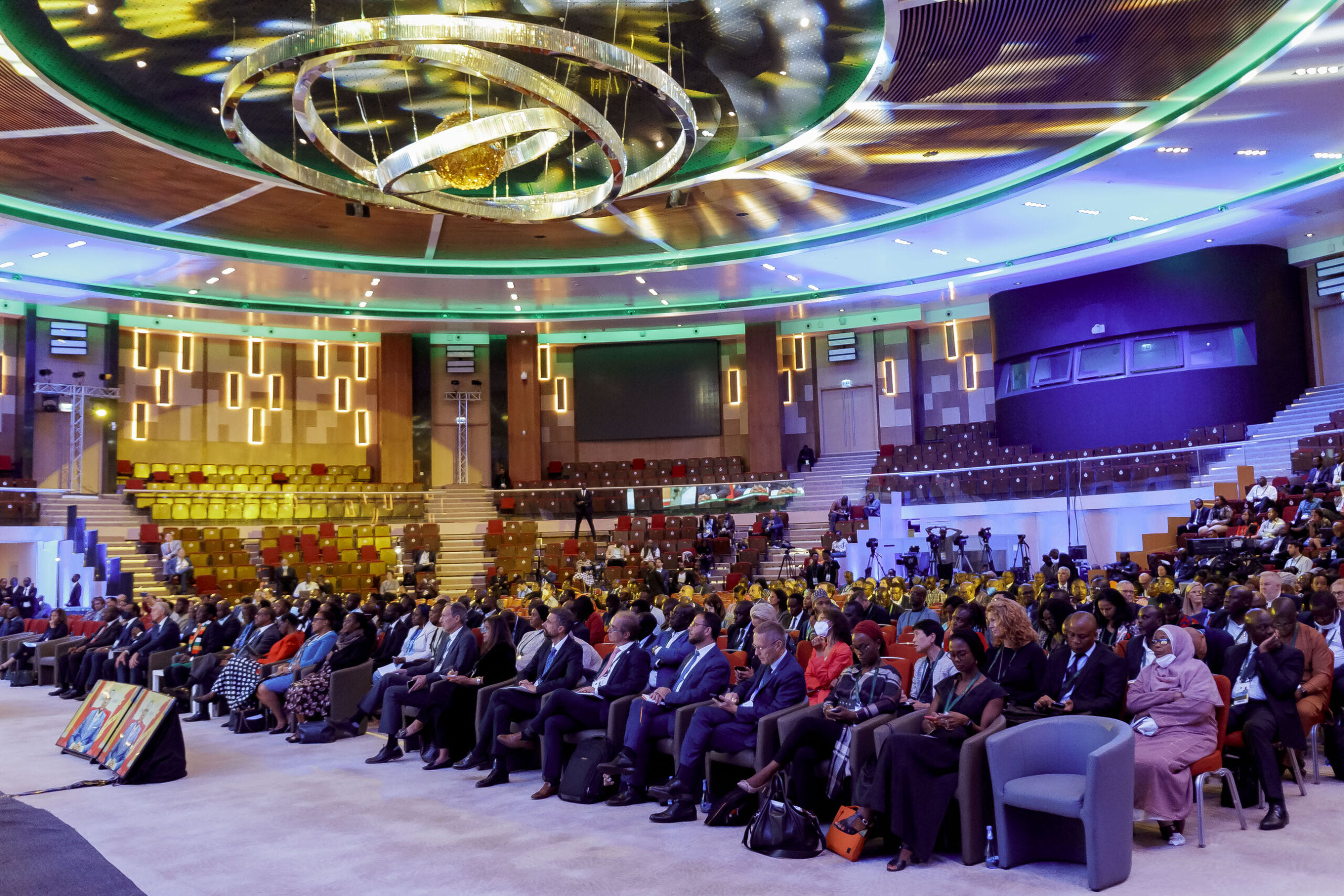Fatou Manneh, Founder of Jelmah Herbella, on Supporting Women in Agriculture

The VALUE4HER Women Agripreneurs of the Year Awards, known as WAYA recognizes African female agripreneurs who have excelled in the agricultural value chains and have demonstrated remarkable innovation by contributing positively towards food security, climate resilience, women and youth empowerment. The awards aim to create visibility for successful women and promote them as positive role models, trigger innovation, and spur ambition among women agripreneurs. We spoke to Fatou Manneh, founder of Jelmah Herbella, based in The Gambia and awarded YOUNG FEMALE AGRIPRENEUR (RISING STAR).
Tell us a bit about yourself
My name is Fatou Manneh, I am 33 years old, from The Gambia. I was schooled in The Gambia and went to the University of The Gambia where I studied Development Studies and a minor in English. In 2014 when I had completed my degree I joined a project called EMPRETEC which focused on educating entrepreneurs, farmers and vendors to facilitate sustainable development and inclusive growth. I am a professional trainer, specialising in entrepreneurship and agricultural training, especially educating and empowering women. While working for EMPRETEC, I set up my business Jelmah Herbella.
What is Jelmah Herbella?
Jelmah is a local name which means ‘choose me’ and Herbella is ‘Her beauty’. I had the idea back in high school when I saw herbs everywhere and wanted to start using them. In 2019 I set up the business. Jelmah Herbella processes locally grown herbs and cereals into teas, honey, herbal seasoning, and baby food, using blended recipes that give customers a unique taste and healthy diet. We work with farmers to produce organic herbs on a large scale through a farmers’ platform that brings together groups of women farmers under one umbrella, encouraging women to engage in permaculture, grow herbs in the backyard using car tires, sacks, broken pans, and sell Herbs and Cereal crops to a reliable market to earn extra income. They ensure sustainable health community through organic farming.
The theme for this year’s International Women’s day – DigitALL: Innovation and technology for gender equality – what role has innovation and technology played in your business?
We have leveraged technology since we started Jelmah Herbella. It’s crucial for us to connect with women from all over. I use social media to reach people around the globe and tell our story to a much bigger audience. We use technology to reach out to potential partners, investors and mentors and this has meant we have been able t grow as a company. Some of the herbs that exist in The Gambia are not available elsewhere but by using technology we can sell them to anyone. But we need to bring women along on the journey, and give them greater access to the latest technologies. We need to educate women on the uses of technology, this will have a big impact on the gender gap. Access to technology gives us greater access to best-practice and learnings from all over the world. It means we can all work together to help and support each other. The world is a global village.
How did you hear about the Value4Her WAYA awards? And what made you enter? What has winning the award meant to you?
I am so proud, grateful and honoured to have won. It was technology that helped me to hear about WAYA and the award. I am always looking for opportunities and I came across the award and thought ‘why not, let me try’. When I was told I was the winner I couldn’t believe it! I believed in myself and it’s amazing that WAYA also believe in me. Walking on to that stage in Rwanda at the AGRF Summit, in front of so many incredible dignitaries, to receive the award was something I will never forget. I am so honoured. Winning the award has given me the opportunity to travel all over the world, telling people about Jelmah Herbella and opening new doors for me.
What are your hopes for the future and what advice would you give young entrepreneurs in Africa?
The Award has enabled me to rebrand my product and I am so excited about what the future holds for myself and Jelmah Herbella. I am now able to reach a global market and really put The Gambia on the map. We’re able to do more marketing and get our website up and running which will give us greater visibility. Connecting with WAYA has opened so many doors for me and I’m excited to see where life takes us. I believe I will be the leading tea provider in Africa.
My advice to young people is to step out of your comfort zone, ask questions, connect with people. The time you spend on your phone, use it wisely, look for opportunities. Set goals that are realistic, attainable but demanding. What do you want to achieve and where do you see yourself in the future? Look for mentors to help you get there. Believe in yourself, only you can get you to where you need to be.









